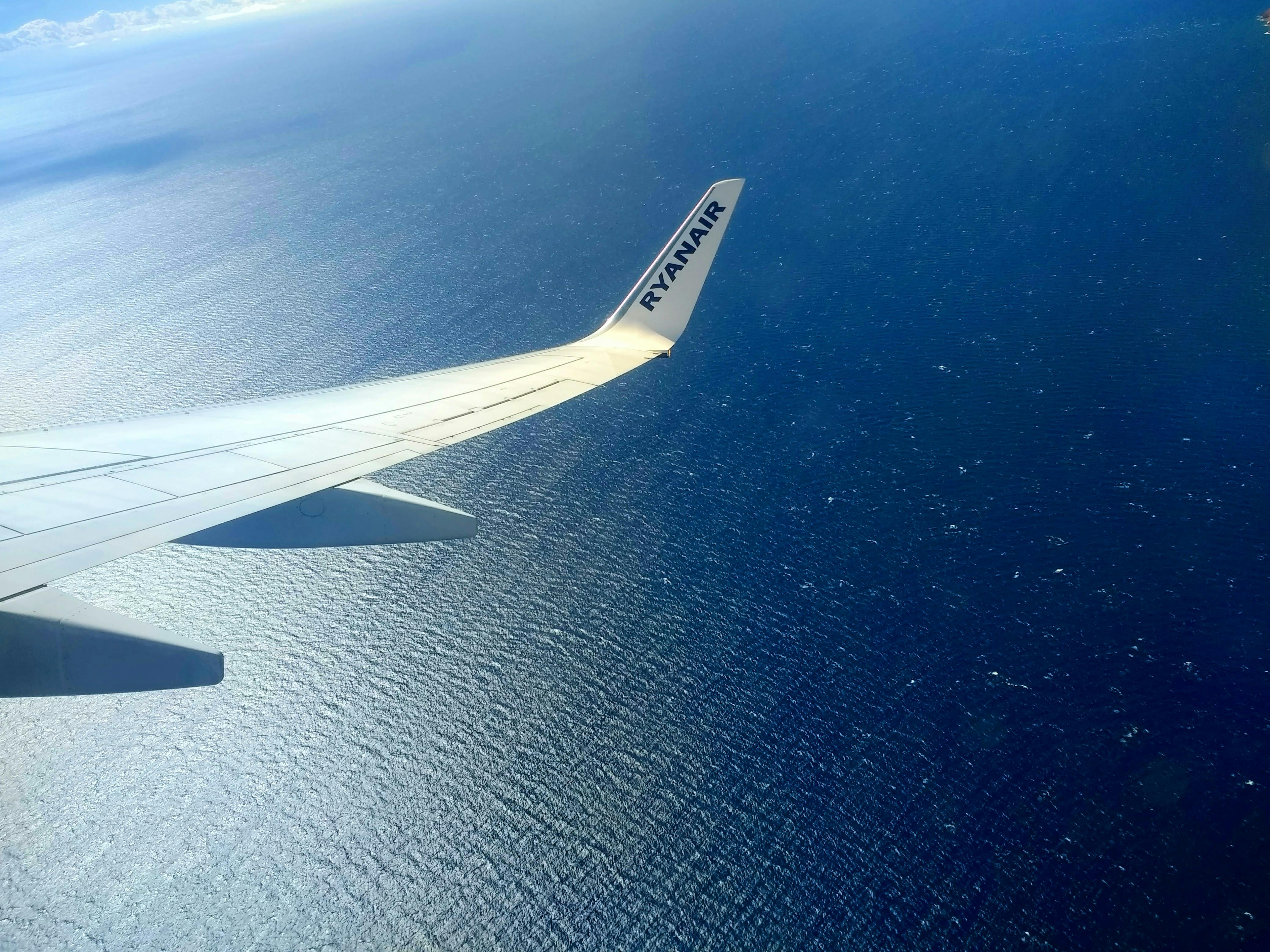What is yellow fever and how serious can it be?
Yellow fever is a viral infection that is transmitted to humans during the day by biting Aedes mosquitoes. It is so named because one of the symptoms is jaundice, which can make the skin and whites of the eyes appear yellow. In the past it was a major tropical disease, and epidemics decimated armies and had a major impact on American ports such as Philadelphia, New Orleans, and Memphis. Some people call it the ‘American Plague’.
Yellow fever can cause serious illness and death. The World Health Organization estimates that the disease kills 30,000 people each year and has a constant presence in tropical Africa and the Americas. It can be captured in the jungle or in urban areas.
It is taken very seriously and some countries will not let you in without a yellow fever vaccination certificate. Whether you need a certificate can also depend on the countries you’ve visited in the last six days, so it’s always wise to get expert advice that’s specific to your own travel plans.
yellow fever symptoms
Three to six days after a person has been infected, they may develop symptoms of:
Phase 1 – the ‘acute’ phase
- Temperature greater than 38 °C or 100.4 °F
- Muscle pain, especially back pain.
- Headache
- Shaking chills
- loss of appetite
- nausea vomiting
- After 3-4 days most patients improve and their symptoms disappear.
Approximately 15% will progress to phase 2, the “toxic” phase.
- the fever returns
- Jaundice
- stomach ache and sickness
- Bleeding from the mouth, nose, eyes, or stomach
There is no specific treatment for yellow fever. Infected people must be admitted to the hospital to have their symptoms treated. Unfortunately, half of the patients who enter the ‘toxic’ phase die within 10-14 days. Protection against mosquito bites during the day and vaccination are important ways to reduce risk.
What to do if you’re worried you have yellow fever
You should seek medical attention immediately if you notice any of the signs and symptoms of yellow fever. The symptoms are similar to those of other tropical diseases, so it should always be investigated by a health professional.
Following the advice of the travel health nurse
If you have been told by a travel health nurse that yellow fever vaccination is required or recommended for you, there is no doubt that your travel plans put you at risk of yellow fever or that you need proof of vaccination to enter your destination country.
If they say you should consider vaccination, you must weigh the risk and cost of the vaccine against the potential risk of disease. Many people prefer not to take risks with their health.
The travel health nurse’s advice is based on:
Up-to-date information on whether there is a problem where you are traveling or whether you require a yellow fever vaccination certificate to enter the country.
Your chance of coming into contact with the disease.
The medical facilities available if you were to become infected.
The duration of your stay.
All travel vaccination recommendations may change due to disease outbreaks and seasonal variations, but the nurses have access to daily updates and are specialists in travel health services.
You should be vaccinated at least ten days before traveling to a yellow fever area to allow your immunity to develop and for the International Certificate of Vaccination (if required) to be valid.
If you have made your travel plans late and have less than ten days before you travel, please contact your travel clinic immediately. Vaccination may still be worth it depending on your plans and the length of your stay.
Vaccination can only be given at designated yellow fever vaccination centres. The yellow fever vaccine has been in use for more than 50 years and is generally well tolerated. Typical reactions include pain at the injection site, mild fever, and headache/muscle pain.
However, some very rare but serious reactions have been reported. Serious reactions involving multiple body organs are estimated to occur in 1 in 200,000 people receiving the vaccine for the first time. The risk is higher in travelers older than 60 years who receive the vaccine for the first time (5 in 200,000). Travel health nursing experts are trained to assess the risk of each individual traveler. If it is not appropriate for you to have the vaccine, a medical exemption letter may be issued to you.
Protection against yellow fever: summary of the measures to take:
Get vaccinated at least ten days before you travel.
Take your International Vaccination Certificate with you when you travel and keep it in a safe place as it is valid for 10 years.
Take steps to protect yourself from mosquito bites day and night. Cover skin with loose clothing. Use insect repellents and mosquito nets.




